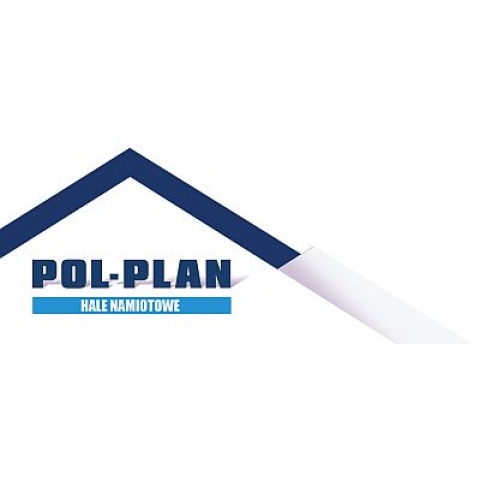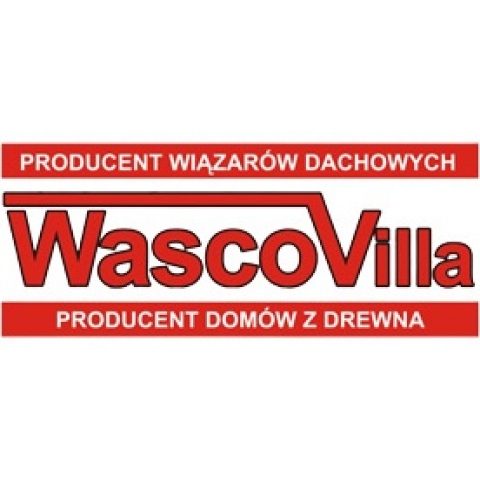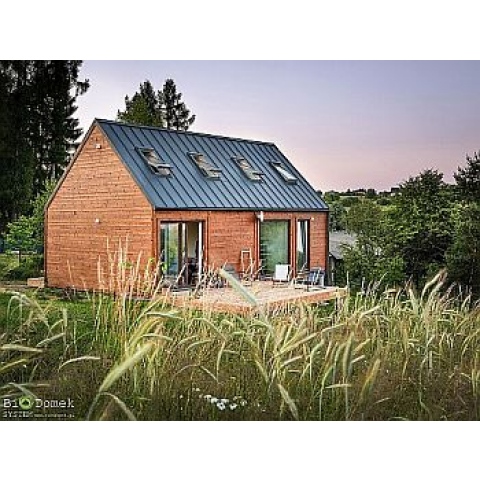Selected categories:
- Building and construction
Building and construction
Did you know that:
Construction in Poland is a rapidly developing industry that plays a crucial role in the country's economic growth. Modern construction covers a wide range of activities, from residential and public buildings to industrial, infrastructure, and commercial projects. It is a sector that not only shapes the appearance of cities and villages but also provides jobs and drives the development of technology and innovation.
The history of construction in Poland dates back to the Middle Ages, but it was only after World War II that significant infrastructure and residential construction boomed. During the communist era, large-scale construction focused on building apartment blocks, with the characteristic element being large-panel housing estates. After 1989, following the political transformation, the construction sector underwent significant changes, attracting foreign investments and developing modern building technologies.
Today, the construction sector in Poland is one of the pillars of the economy. In recent years, there has been an increase in investments in both residential construction and infrastructure, such as roads, railways, and energy facilities. The growing demand for office buildings, shopping centers, hotels, and other commercial properties has made the construction industry one of the fastest-growing sectors in the economy.
Residential construction is one of the most important areas, especially in large cities, where the population is increasing and there is a rising demand for modern, energy-efficient homes and apartments. Eco-friendly and passive construction, which focuses on sustainable development and minimizing environmental impact, is also becoming increasingly important. Real estate projects often include modern technological solutions such as smart building systems, photovoltaic panels, and rainwater harvesting systems.
Infrastructure development in roads and railways is another area undergoing rapid growth in Poland, particularly after the country joined the European Union. Substantial investments have been made in building and modernizing expressways, highways, and railway infrastructure. These investments not only aim to improve the quality of life for citizens but also enhance the competitiveness of the economy by facilitating the transport of goods and people.
Challenges faced by the construction sector in Poland include land availability issues, rising costs of construction materials, and the need to implement increasingly stringent environmental and energy regulations. Additionally, the sector struggles with a shortage of skilled labor, which makes it difficult to meet project deadlines.
In conclusion, construction in Poland is a sector full of challenges but also significant growth potential. The increasing number of investments, the development of new technologies, and growing environmental awareness make the construction industry a key player in shaping the country's future.

 pl
pl  en
en  de
de  es
es  fr
fr  it
it  pt
pt  ru
ru  sv
sv 































































